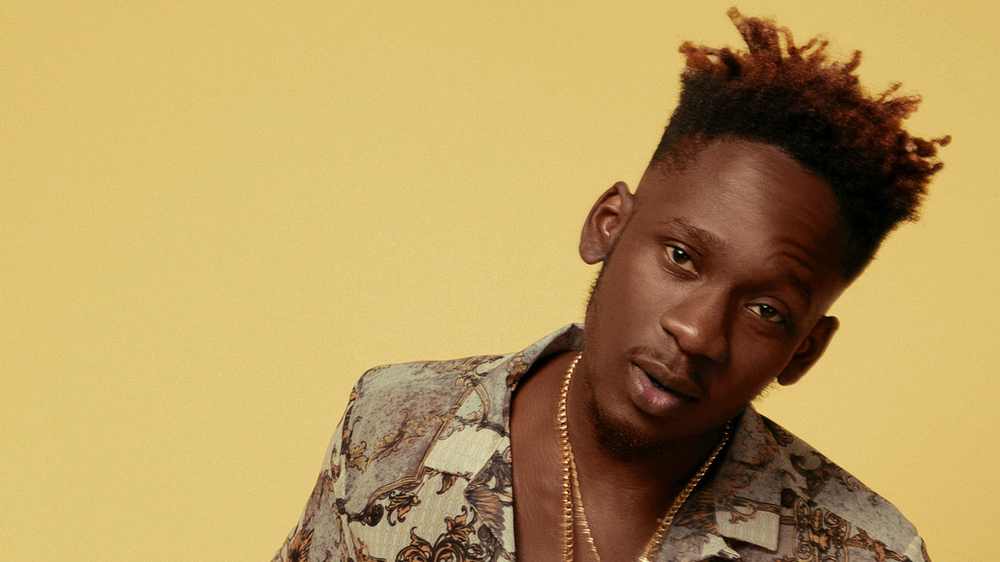
Mr. Eazi
Mr. Eazi, the 29 year old Nigerian artist behind crossover hits such as “Don’t Jealous Me,” announced a $20 million fund for African music creatives. The, aptly titled, Africa Music Fund will invest in helping artists grow their followings and in turn their own revenue streams.
The fund, backed by the investment accelerator 88MPH, is not a bank, but is not a charity either. The AMF expects artists to pay back the initial investment made by the fund. It is unclear whether the initial investment will be paid back with or without interest, but the nature of accelerators tells us that interest rates will likely be attached. Artists will also be required to distribute music through Mr. Eazi’s new music distribution platform “Cinch Distro.”
Cinch Distro charges artists anywhere from 500 to 4,000 Naira to upload songs to the major music stores. The distribution service was created by emPawa Africa, an organization created by Mr. Eazi in 2018. In contrast with the AMF, last February emPawa Africa awarded non repayable charitable grants of $10,000 to 30 emerging African artists.
https://www.youtube.com/watch?v=ZIHw6xfzZbM
“Baby I’m Jealous” – Mr. Eazi and King Promise
Explaining the hole the AMF is trying to fill and its difference from a conventional bank or institutional investor, Mr. Eazi told CNN “Artists cannot go to banks to get money for their music because financial institutions don’t understand how to secure intellectual property. They get it for physical properties but not for music. So, because not a lot of people understand the music business, there is no finance product for musicians.”
The AMF will take a data-first approach to selecting artists to invest in based on current revenue, projected income, and streaming data. According to Mr. Eazi the fund is more than another business venture, it is about helping artists secure creative control of their product and ownership of their intellectual property. The long-term goal of the project in his own words is that “[he] want[s] to [be able to] look back and be fulfilled knowing that [he] contributed to getting African equity participation in the music infrastructure that has been built on the continent.”
The conversation about equity in the Africa music business is set to become even hotter as genres like AfroBeats gain popularity abroad and Western music groups like Def Jam are expanding into the African market.
Powered by WPeMatico


